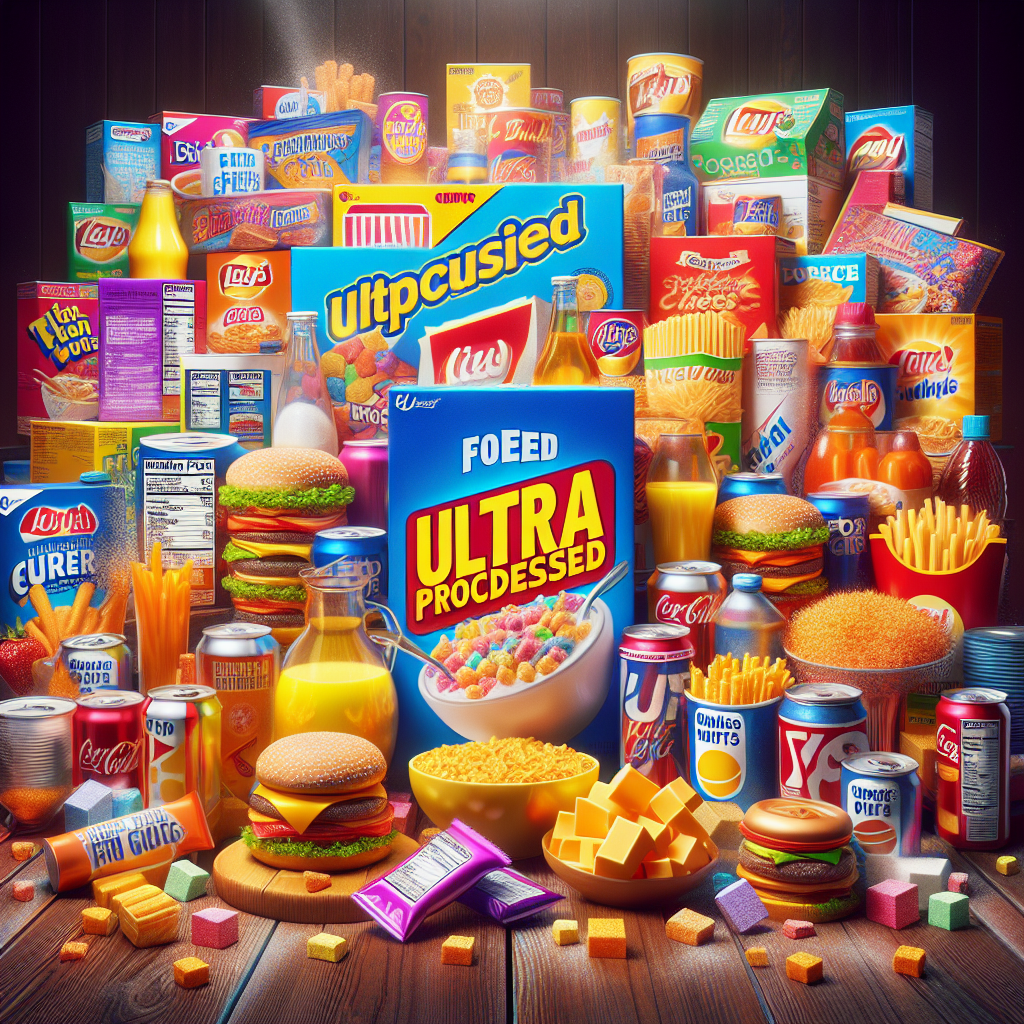Cracking the Code: Kids' Obsession with Processed Foods
A significant portion of children's diets comprises processed foods, driven by biological, psychological, and marketing factors. These foods, despite their allure, contribute to health issues like obesity and nutrient deficiencies. Addressing this requires creative approaches to introduce healthier alternatives and engage children in the meal preparation process.

- Country:
- Australia
In a growing trend, processed foods now dominate many children's diets, raising concerns among parents. Nutritional experts report that children are increasingly drawn to these foods due to evolutionary, psychological, and marketing influences.
Ultra-processed foods, characterized by high levels of sugars, fats, and artificial additives, offer minimal nutrition but high caloric content. They are linked to several health issues in children, including obesity and chronic diseases like heart disease and type 2 diabetes. This shift in dietary habits is alarming, particularly as these foods can constitute up to a third of a child's daily caloric intake.
To counteract this, experts suggest various strategies aimed at promoting healthier eating patterns among children. These include family meals, careful introduction of new foods, involving children in cooking, and educating them about the nutritional value of different foods. Despite potential resistance, continued efforts can lead to positive change, steering kids away from processed foods toward healthier options.
(With inputs from agencies.)
ALSO READ
Global Shifts in Health: From Obesity Drugs in India to Medical Device Wars and Innovative Prosthetics
Health News Highlights: Obesity Drugs Surge and Prosthetics Journey
Health Headlines: From Brazilian Bird Flu Restrictions to Novo Nordisk's Stepped-Up Obesity Fight
Punjab's Battle Against Obesity: MASSH Group's Revolutionary Campaign
India's Health Ministry Unveils 'Oil and Sugar Board' Initiative to Fight Obesity










